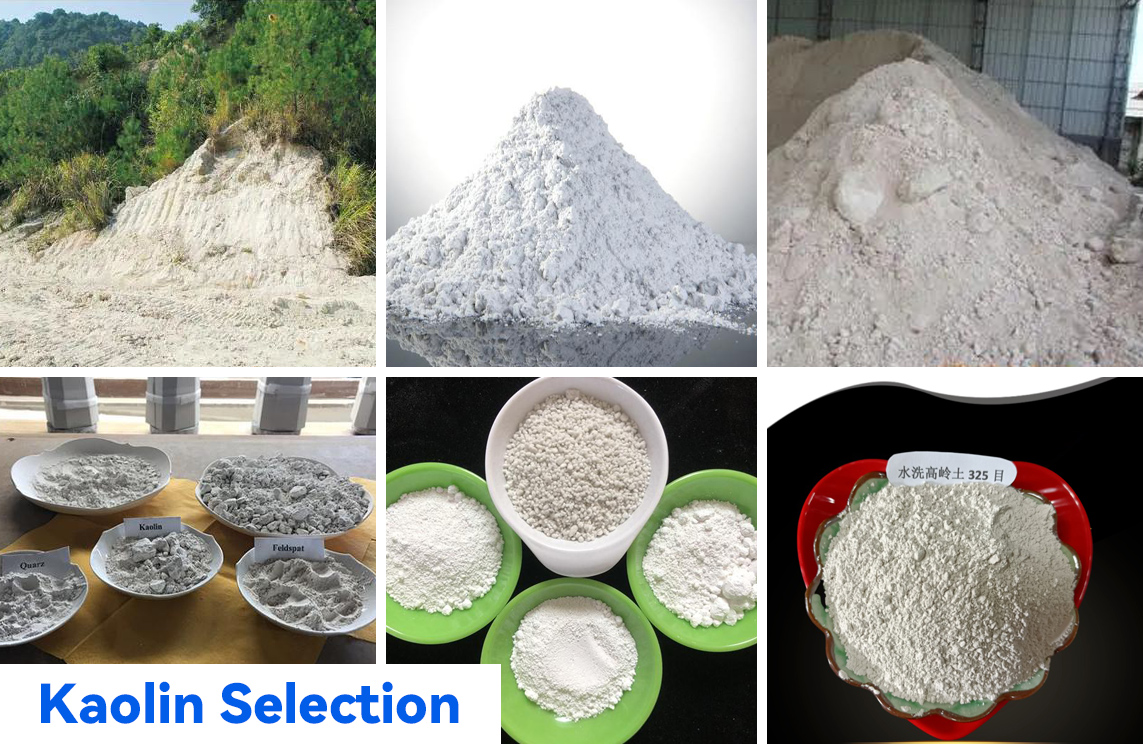Art Ceramic Vases and Home Decor Series
Art Ceramic Vases and Home Decor Series
Household Ceramic Decoration Handicraft Ornament
Household Ceramic Decoration Handicraft Ornament
Ceramic Holiday Gift Decorative Crafts
Ceramic Holiday Gift Decorative Crafts
Ceramic Dinner Plate and Dish Hotel Tableware Set Series
Ceramic Dinner Plate and Dish Hotel Tableware Set Series
Here are some key features and characteristics of the Ceramic Dinner Plate and Dish Hotel Tableware Set Series:
Variety: The Ceramic Dinner Plate and Dish Hotel Tableware Set Series offers a wide range of options to suit different dining needs. It includes various plate sizes, serving dishes, bowls, and accompanying accessories like sauce dishes, teacups, and chopstick rests.
Glazing and Finishing: The ceramic pieces are typically finished with a smooth and glossy glaze, enhancing their visual appeal and making them easy to clean. The glazing also provides a protective layer, preventing the absorption of food odors and stains.
Customization: Many manufacturers offer customization options, allowing hotels and restaurants to personalize the tableware with their logos or specific designs, creating a unique dining experience for their guests.
Chinese ceramic tableware has a long-standing reputation for its quality and craftsmanship. The Ceramic Dinner Plate and Dish Hotel Tableware Set Series from China continues this tradition, offering a combination of practicality and elegance that meets the needs of the hospitality industry.
Featured Products
About Us
We offer product design, R&D, OEM and ODM services. Most of the members of our company have accumulated more than ten years of working experience in the ceramic industry, forming a diligent, professional, innovative team with a strong sense of responsibility and commitment to providing high-quality service. We adhere to the principle of "Credit first, Customer first" and strive to serve customers'needs and provide the best quality service.
If you are interested in our company product line, please contact us any time to discuss more details of good ceramic items we can make for you, we welcome initial enquiries and will be very happy if you come to visit our factory. We look forward to becoming your long-term partner in China.
Our Advantages
Sustainable Management
Sustainable management is a management method in which an organization considers economic, environmental and social factors in its business operations. It emphasizes conserving natural resources, reducing environmental impact and promoting social justice while pursuing long-term development. Sustainability management is critical to an organization's success and sustainability. By adopting sustainable business models and strategies, organizations can reduce resource consumption, reduce waste emissions, increase energy efficiency, and drive the adoption of innovative and environmentally friendly technologies. Sustainable management not only helps reduce environmental risks and legal liabilities, but also enhances brand equity, improves customer satisfaction, and attracts investor attention. In summary, sustainable management is a key factor for organizations to achieve long-term success and maintain a competitive advantage in a changing business environment.
Compliance Management
Compliance management is an important management method for organizations to ensure that their business activities comply with laws and regulations, industry guidelines and internal regulations. In a complex regulatory environment, compliance management is an organizational responsibility and obligation, and it helps protect organizations from the risks of legal action, fines, and reputational damage. By establishing clear compliance policies and procedures, training employees, and establishing internal monitoring and auditing mechanisms, organizations can ensure employees understand and comply with relevant regulations and take appropriate steps to prevent violations from occurring. Compliance management can also improve the transparency and credibility of the organization, win the trust of stakeholders, and lay the foundation for the sustainable development of the organization. In summary, compliance management plays a vital role in ensuring organizational legitimacy and commercial success.
Ethical Management
Ethical management is a management approach that emphasizes that an organization bases its decisions and
actions on ethical principles and values. It emphasizes the ethical responsibility of organizations,
including fair relations with stakeholders, respect for human rights and social justice. The core idea
of ethical management is to create an ethically oriented corporate culture that encourages employees to
act in an honest, transparent and morally correct manner.
Through ethical management, organizations are able to build a strong reputation and credibility.
Ethically-based operations and decision-making can earn the trust and respect of stakeholders and
enhance an organization's image and brand value. Ethical management also enhances employee job
satisfaction and loyalty, motivating them to contribute ethically to the organization. This ethically
driven culture also attracts the best talent and helps the organization build an efficient, dynamic and
ethical workforce.
Environmental Safety Management
Environmental safety management refers to the management approach of an organization to ensure environmental protection and safety in its business activities. Its goal is to reduce adverse impacts on the environment and to safeguard the safety and health of employees and the general public. Environmental safety management is critical to organizations, as environmental protection is a global focus and compliance with relevant laws, regulations and industry standards is necessary. By adopting preventive measures, risk assessment and effective management strategies, organizations can minimize the risk of environmental accidents and pollution and ensure the safety of employees in the workplace. At the same time, actively implementing environmental safety management can also help establish an organization's image of social responsibility, enhance brand value, and achieve sustained commercial success.
Mutual Growth Management
Mutual growth management is a management method that emphasizes the mutual development and common
progress between the organization and its employees. It recognizes that employees are one of an
organization's most valuable resources and motivates their growth and advancement by providing
opportunities for training, development and career advancement. The core idea of Mutual Growth
Management is to create a collaborative and supportive work environment that encourages employees to
reach their potential and achieve goals together with the organization.
Through mutual growth management, organizations are able to stimulate the motivation and talents of
their employees. By cultivating the skills and knowledge of employees, the organization can improve the
work efficiency and creativity of employees, thereby promoting the innovation and development of the
organization. In addition, mutual growth management can also enhance employees' job satisfaction and
loyalty, reduce employee turnover, thereby reducing recruitment and training costs.
BLOG
New Products
News

Dehua Porcelain Plates: The Perfect Fusion of Craftsmanship and Art for Global Artists

"China White Dehua porcelain" industry high-quality development five-year action plan

2023 Autumn Birmingham International Consumer Goods Exhibition
Fujian Dehua Porcelain was presented at the Birmingham Exhibition in the UK. Through this exhibition, they not only saw exquisite Dehua ceramic utensils, but also learned that Dehua enterprises are producing ceramics in a responsible way. We look forward to establishing closer cooperation with China in the future."

Elegant white porcelain of Chinese ceramics
China's porcelain has a long history and a wide variety. In addition to the noble and elegant blue and white porcelain and colorful porcelain, the plain and elegant white porcelain is also a popular variety.

Arts and Crafts Ceramic——The perfect combination of traditional culture and modern craftsmanship
Ceramic craft is one of the traditional Chinese crafts and once had a high status in ancient history.

Western Festival: Easter
When it comes to Easter, is there anything we don't know about it besides cute eggs, delicious chocolate bunnies and bunnies, and gorgeous spring flowers?






























